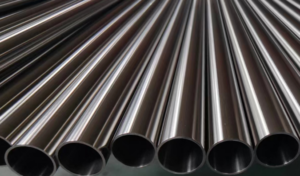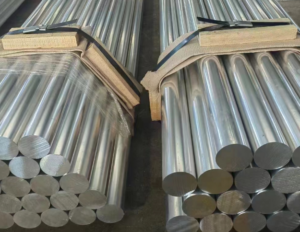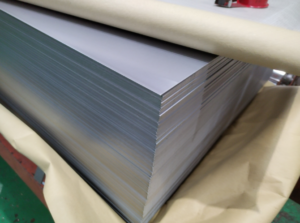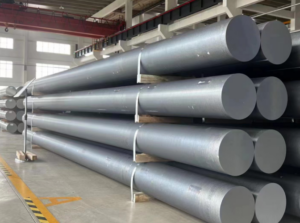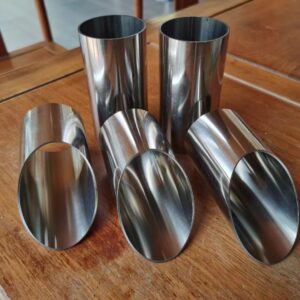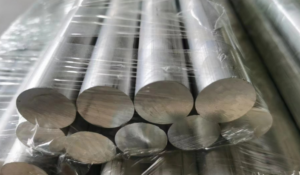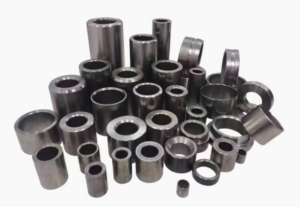Tool Steel Supplier - sino-specialmetal
What is Tool Steel?
Tool steel is a high-carbon steel designed for making tools, dies, and molds due to its high hardness and wear resistance. Popular grades include D2, A2, and H13. Sino-specialmetal is a trusted tool steel supplier known for quality and a wide range of grades, making them a reliable choice for industrial needs.
What Tool Steel Grades Do You Supply?
Huaxiao Metal is a professional tool steel supplier and manufacturer, each tool steel has unique characteristics and applications. Below are the main grades we offer, highlighting their main properties, brief description, chemical composition and applications:
| Tool Steel Grade | Chemical Composition (%) | Typical Hardness (HRC) | Typical Sizes (mm) | Key Applications |
|---|---|---|---|---|
| D2 | C: 1.40-1.60, Cr: 11.00-13.00 | 58-62 | Round: ø10-300, Plate: 10-300 thick | Cutting tools, Punches, Plastic molds |
| A2 | C: 0.95-1.05, Cr: 4.75-5.50, Co: 1.00 max, Mo: 0.90-1.40 | 60-62 | Round: ø10-300, Plate: 10-300 thick | Punching tools, Cold working tools, Die casting molds |
| H13 | C: 0.32-0.45, Cr: 4.75-5.50, Co: 1.00 max, Mo: 1.10-1.75, Ti: 0.20-0.40 | 48-52 | Round: ø10-300, Plate: 10-300 thick | Hot work tools, Die casting molds, Plastic injection molds |
| M2 | C: 0.78-0.88, Mo: 4.50-5.50, V: 1.75-2.20, W: 5.50-6.75 | 60-65 | Round: ø5-200, Plate: 5-200 thick | Drills, Cutting tools, Taps |
| O1 | C: 0.85-1.00, Cr: 0.40-0.60, Mo: 0.40-0.60, Co: 0.20-0.50 | 57-59 | Round: ø10-250, Plate: 10-250 thick | Punches, Pressing molds, Cutting tools |
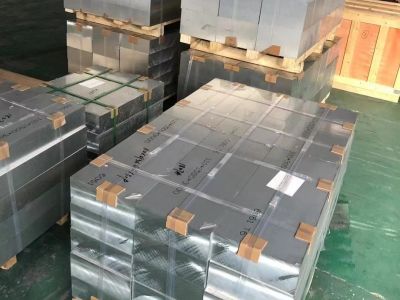
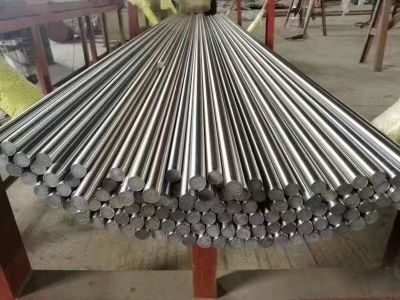
D2 tool steel is renowned for its high hardness and wear resistance, suitable for manufacturing high-load cutting tools.
Characteristics:
High carbon and chromium content provide excellent hardness and wear resistance.
Chemical Composition:
- Carbon (C): 1.40-1.60%
- Chromium (Cr): 11.00-13.00%
Key Applications:
- Cutting tools
- Punches and dies
- Plastic molds
A2 tool steel is known for its good wear resistance and toughness, suitable for manufacturing high-strength cold work tools.
Characteristics:
- Contains chromium, cobalt, and molybdenum, providing good wear resistance and toughness.
Chemical Composition:
- Carbon (C): 0.95-1.05%
- Chromium (Cr): 4.75-5.50%
- Cobalt (Co): 1.00% max
- Molybdenum (Mo): 0.90-1.40%
Key Applications:
- Punching tools
- Cold working tools
- Die casting molds
H13 tool steel is favored for its excellent thermal performance, suitable for high-temperature and high-load tool applications.
Characteristics:
- Excellent thermal hardening, thermal fatigue resistance, and high-temperature strength.
Chemical Composition:
- Carbon (C): 0.32-0.45%
- Chromium (Cr): 4.75-5.50%
- Cobalt (Co): 1.00% max
- Molybdenum (Mo): 1.10-1.75%
- Titanium (Ti): 0.20-0.40%
Key Applications:
- Hot work tools
- Die casting molds
- Plastic injection molds
M2 tool steel is known for its high hardness and heat resistance, suitable for high-speed cutting and machining applications.
Characteristics:
- High hardness and excellent heat resistance.
Chemical Composition:
- Carbon (C): 0.78-0.88%
- Molybdenum (Mo): 4.50-5.50%
- Vanadium (V): 1.75-2.20%
- Tungsten (W): 5.50-6.75%
Key Applications:
- Drills
- Cutting tools
- Taps
O1 tool steel is known for its good cutting ability and toughness, suitable for manufacturing complex-shaped cold work tools.
Characteristics:
- Good cutting ability and toughness.
Chemical Composition:
- Carbon (C): 0.85-1.00%
- Chromium (Cr): 0.40-0.60%
- Molybdenum (Mo): 0.40-0.60%
- Cobalt (Co): 0.20-0.50%
Key Applications:
- Punches
- Pressing molds
- Cutting tools
Looking Forward to Becoming One of Your Tool Steel Suppliers in China
Applications of Tool Steel
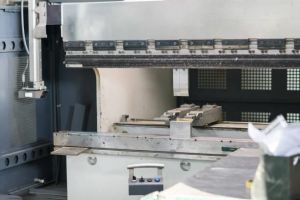
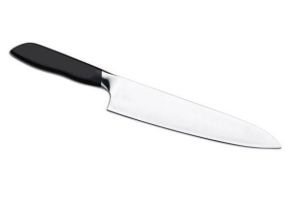
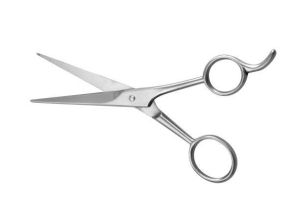
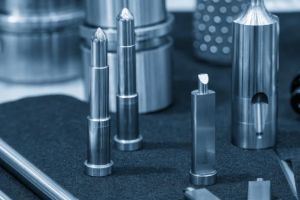
Cutting Tools:
- D2 Tool Steel (UNS T30402): Known for high hardness and wear resistance, ideal for high-load cutting tools.
- O1 Tool Steel (UNS T31501): Offers good cutting ability and toughness, suitable for complex-shaped cold work tools.
Punches and Dies:
- D2 Tool Steel (UNS T30402): Excellent wear resistance makes it a top choice for punches and dies.
- A2 Tool Steel (UNS T30102): Known for good wear resistance and toughness, ideal for various punching applications.
Plastic Molds:
- D2 Tool Steel (UNS T30402): Offers excellent hardness and wear resistance, suitable for molding plastics.
- H13 Tool Steel (UNS T20813): Favored for its thermal performance, making it suitable for molding and extrusion applications.
Punching Tools:
- A2 Tool Steel (UNS T30102): With its toughness and wear resistance, A2 is ideal for punching tools.
- O1 Tool Steel (UNS T31501): Offers good edge retention and toughness, suitable for punching various materials.
Cold Working Tools:
- A2 Tool Steel (UNS T30102): Known for its toughness and wear resistance, ideal for cold working tools.
- M2 Tool Steel (UNS T11302): Offers high hardness and heat resistance, suitable for cold working applications.
Hot Work Tools:
- H13 Tool Steel (UNS T20813): With its excellent thermal properties, H13 is preferred for hot work applications.
Die Casting Molds:
- H13 Tool Steel (UNS T20813): Offers excellent thermal fatigue resistance, making it ideal for die casting molds.
Extrusion Dies:
- H13 Tool Steel (UNS T20813): Favored for its high-temperature strength and resistance to thermal fatigue.
Drills and Taps:
- M2 Tool Steel (UNS T11302): Known for its high hardness and heat resistance, ideal for drills and taps.
Looking Forward to Becoming One of Your Tool Steel Suppliers in China
Conclusion
Tool steel is essential across industries for its exceptional hardness and wear resistance.In essence, tool steel’s versatility and specialized grades make it crucial for high-performance tools in various applications.
Thank you for reading our products, hope it can help you find the tool steel raw material you need, if you are looking for tool steel online suppliers and manufacturers, we recommend you to visit sino-specialmetal.com.
As a leading tool steel supplier in Shanghai, China, sino-specialmetal offers high quality tool steel products such as D2 tool steel, A2 tool steel,H13 tool steel,M2 tool steel with competitive price.
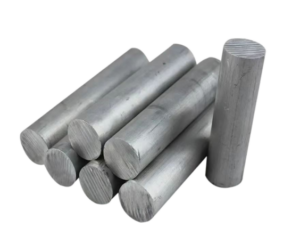
FAQs About Tool Steel
A2 tool steel can be hardened through a process called austenitizing followed by quenching and tempering.
- Austenitizing: Heat the A2 tool steel to a temperature between 1700°F and 1800°F (925°C and 980°C) and hold it for a sufficient time to fully soak.
- Quenching: Quench the heated steel in oil or air to rapidly cool it down. This process hardens the steel.
- Tempering: After quenching, temper the steel by reheating it to a specific temperature, typically between 400°F and 1000°F (205°C and 540°C), depending on the desired hardness and toughness.
Yes, tool steel can be welded, but it requires preheating and post-weld heat treatment to minimize the risk of cracking and to restore the material’s properties. Welding techniques like gas tungsten arc welding (GTAW) or shielded metal arc welding (SMAW) are commonly used for welding tool steel.
Tool steels generally have a high chromium content, which provides them with good corrosion resistance. However, they are not entirely rust-proof. Proper care and maintenance are essential to prevent rusting, especially in harsh environments. Applying a protective coating or using corrosion-resistant alloys can further enhance their resistance to rust.
Annealing tool steel involves heating it to a specific temperature and then cooling it down slowly to relieve internal stresses and improve machinability.
- Heating: Heat the tool steel to a temperature between 1400°F and 1500°F (760°C and 815°C).
- Soaking: Hold the steel at this temperature for a sufficient time to ensure uniform heating.
- Cooling: Allow the steel to cool down slowly in the furnace to room temperature. This slow cooling process helps in achieving a soft and ductile structure.
When choosing a tool steel supplier, consider the following factors:
- Quality: Ensure they provide high-quality, certified tool steel that meets industry standards.
- Variety: Look for a supplier that offers a wide range of grades and sizes to meet your specific requirements.
- Experience: Opt for a supplier with a proven track record and extensive experience in the tool steel industry.
- Customer Support: Evaluate their customer service, technical support, and after-sales service to ensure smooth transactions and support when needed.
- Price: While cost is a factor, prioritize quality and reliability over price to ensure you get the best value for your investment.
By considering these factors, you can choose a reliable and competent tool steel supplier that meets your needs and ensures the quality and performance of your tools.
How to choose a Tool Steel supplier?
When selecting a tool steel supplier, consider the following factors for a clear and organized decision-making process:
Quality Standards: Look for suppliers adhering to strict quality standards, ensuring the tool steel meets industry specifications and performance requirements.
Variety of Grades: Opt for suppliers offering a diverse range of tool steel grades to cater to different machining needs and applications.
Experience and Reputation: Choose suppliers with a proven track record and positive reputation in the industry, indicating reliability and trustworthiness.
Customization Options: Select suppliers capable of providing customized solutions tailored to your specific tooling requirements, offering flexibility and versatility.
Reliability of Supply: Ensure suppliers have robust supply chains and inventory management systems in place to consistently meet your demand and delivery timelines.
Technical Support: Prioritize suppliers offering technical expertise and support, assisting with material selection, machining recommendations, and troubleshooting.
Competitive Pricing: Balance cost considerations with quality and service levels, seeking suppliers offering competitive pricing without compromising on material quality or performance.
Logistics Efficiency: Assess suppliers’ logistics capabilities, including shipping options, lead times, and order tracking facilities, to ensure smooth and timely delivery of tool steel orders.
Customer Service: Choose suppliers known for excellent customer service and responsiveness, addressing inquiries, concerns, and issues promptly and professionally.
Long-term Partnership: Aim to establish a long-term partnership with suppliers committed to mutual growth and success, fostering collaboration and continuous improvement.
By evaluating these factors, you can confidently select a tool steel supplier that aligns with your quality, performance, and service expectations, ensuring the success of your machining and tooling endeavors.
Our certificates and package
1-1.jpg)
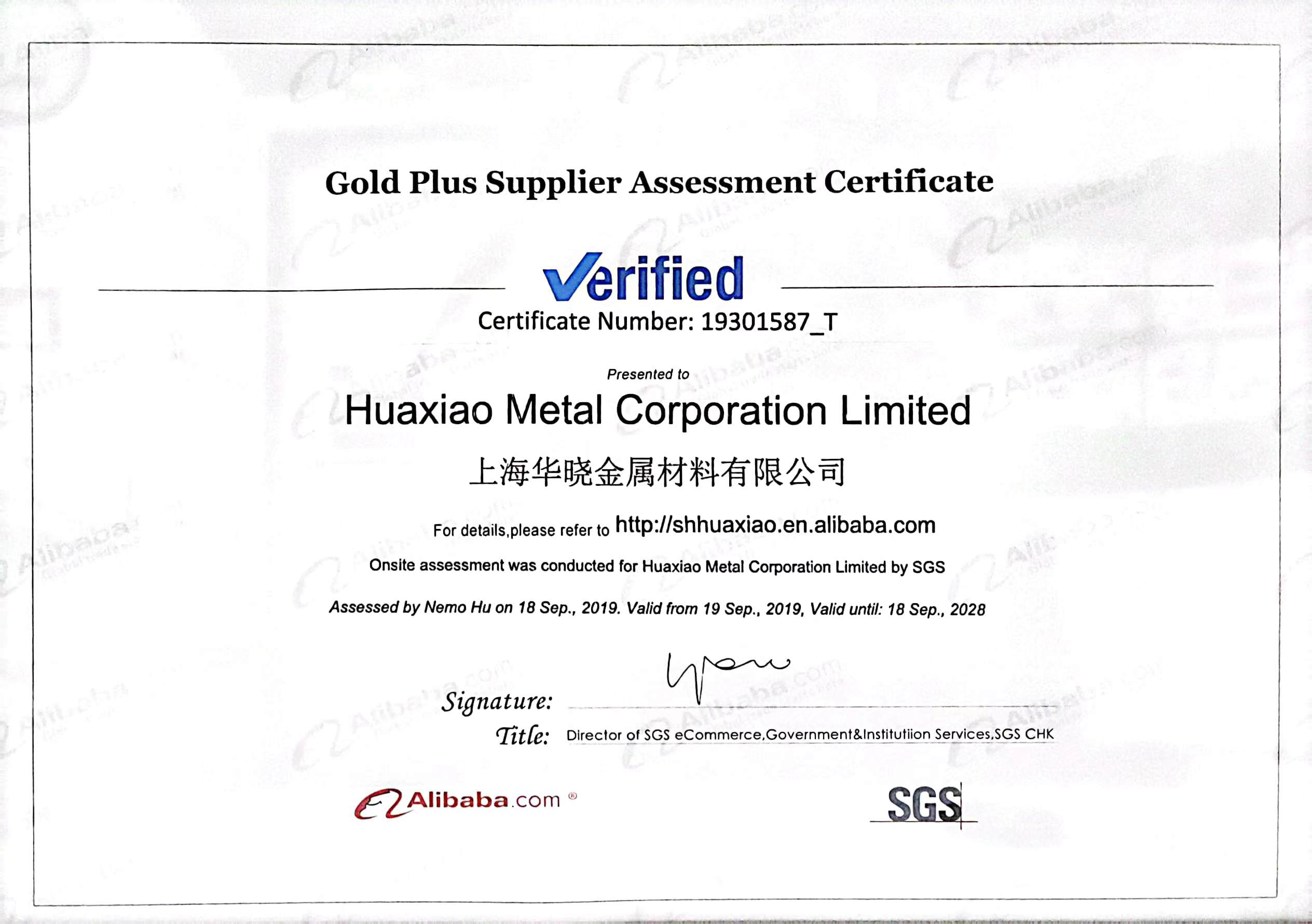
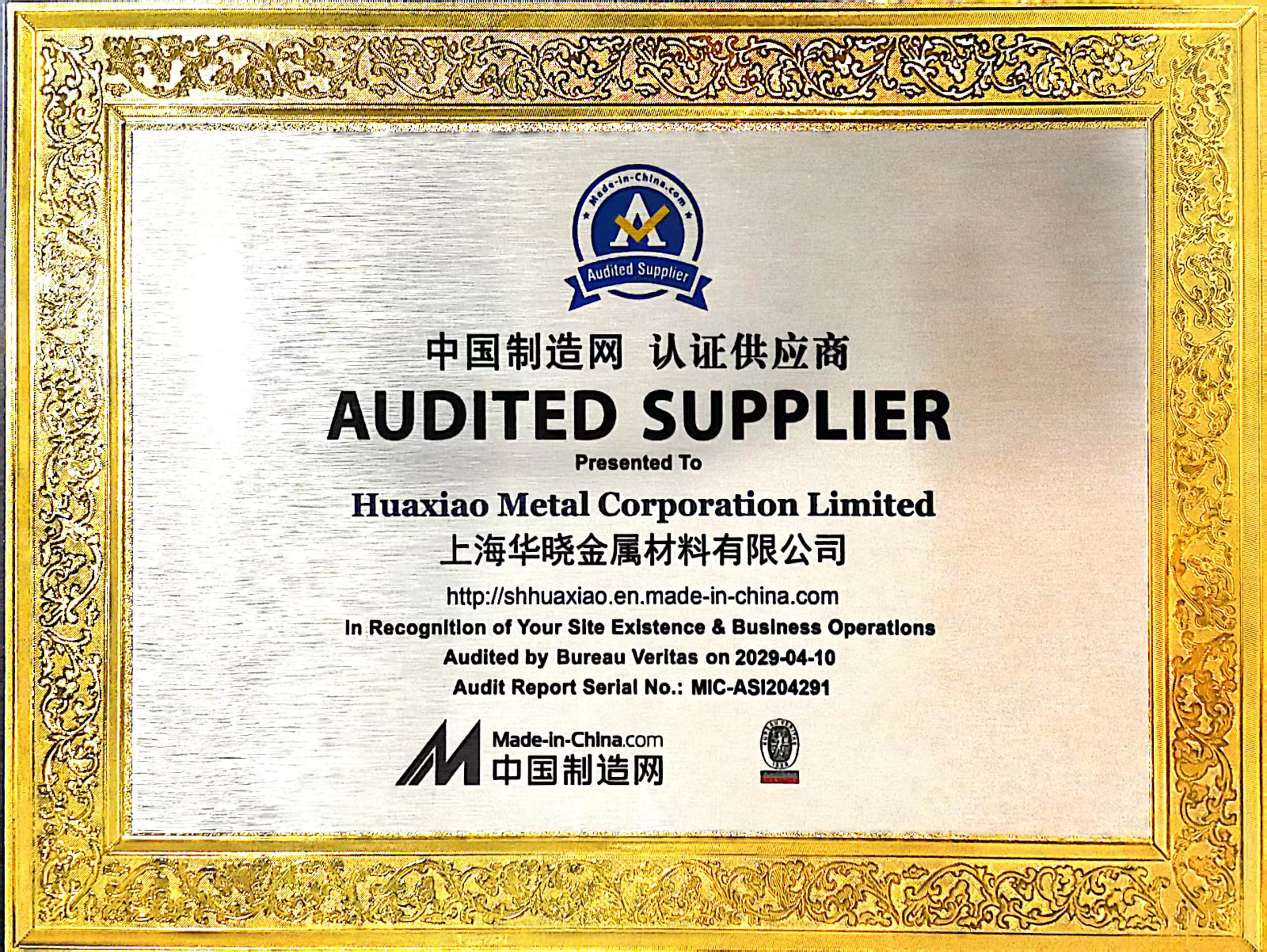
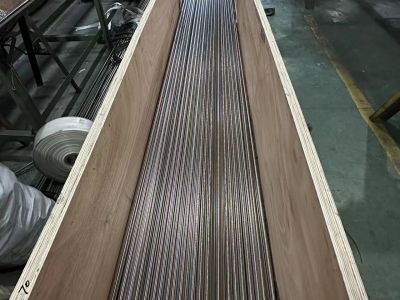
Recent Post
Looking Forward to Becoming One of Your Tool Steel Suppliers in China


